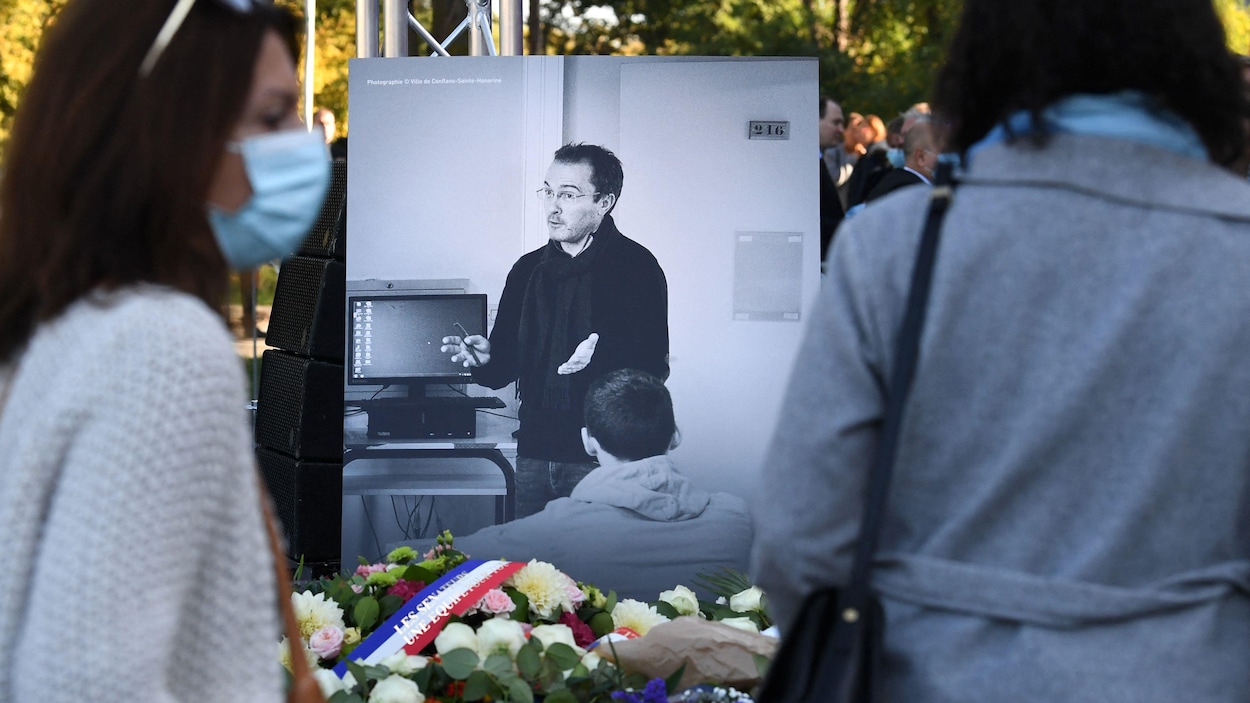UN Intensifies Pressure on Israel Over Aid Access
In an unprecedented move, the UN General Assembly has passed a series of resolutions aimed at compelling Israel to allow the unimpeded entry of humanitarian aid into Gaza, citing severe humanitarian concerns.
Published December 22, 2024 - 00:12am

Image recovered from arabnews.com
The United Nations General Assembly has taken a resolute stance by passing multiple resolutions compelling Israel to facilitate the entry of humanitarian aid into Gaza. This development could signal a turning point in the international community's approach to the humanitarian crisis affecting Palestinian civilians. The resolutions, initiated prominently by Norway, received overwhelming support in the UN, emphasizing the urgent need for Israel to comply with international humanitarian law.
Key to the Assembly's actions is the adoption of a resolution urging the International Court of Justice to provide an advisory opinion on Israel's humanitarian obligations to the civilian population in Gaza. The legal opinion aims to clarify the duties of Israel as an occupying power to ensure unrestricted humanitarian access to aid. Despite vocal opposition from Israel, the US, and a handful of other countries, 137 member states voted in favor of the resolution, showcasing a strong global consensus on the issue.
At the heart of the debate is Norway's vested role in championing these resolutions. Andreas Kravik, Norway's Deputy Foreign Minister, underscored the dire nature of the situation, describing it as a “dystopian nightmare” due to Israel's stringent restrictions on aid entry. The discourse further spotlights the accusations that Israel is in breach of international obligations by impeding necessary humanitarian flows, with influential human rights organizations also leveling criticism against Israel for allegedly using aid blockades as a form of collective punishment.
Among the significant resolutions passed, one highlights the continuous illegal presence of Israel in Palestinian territories, an assertion backed by a prior advisory opinion from the International Court of Justice. The Assembly's voice aligns with the United Nations Relief and Works Agency for Palestine Refugees (UNRWA), which has faced substantial challenges due to Israeli legislative measures aimed at restricting its operations in occupied territories.
In addition to resolutions focusing on humanitarian concerns, the UN assembly also addressed other contentious issues involving Israel, including condemnation for exploiting natural resources in the Occupied Palestinian Territories and the Golan Heights. Further scrutiny was directed towards Israel's accountability for environmental damage, notably an oil spill along the Lebanese coast resulting from military actions.
Voices from various corners of the globe have further accentuated the pressing need for resolving the crisis. Philippe Lazzarini, the head of UNRWA, welcomed the UN resolutions, which attest to broad solidarity among United Nations member states for the cause of the Palestinian people. However, the path forward remains laden with hurdles as the resolutions are advisory in nature and lack binding enforcement power, leaving real-world implementation dependent on diplomatic and political will.
This new chapter in UN-Israel relations places a spotlight on the wider geopolitical dynamics around the Israeli-Palestinian conflict, potentially paving the way for increased international diplomacy efforts. How Israel responds to this collective international pressure will be pivotal in shaping the next phase of this longstanding conflict.






